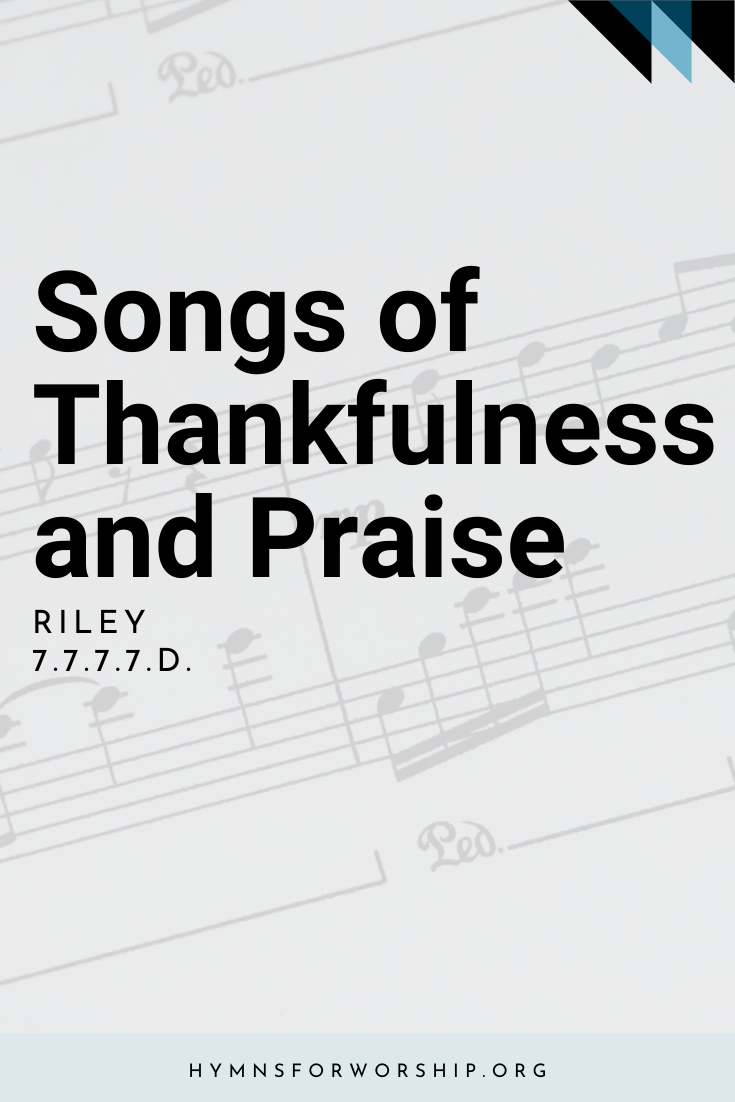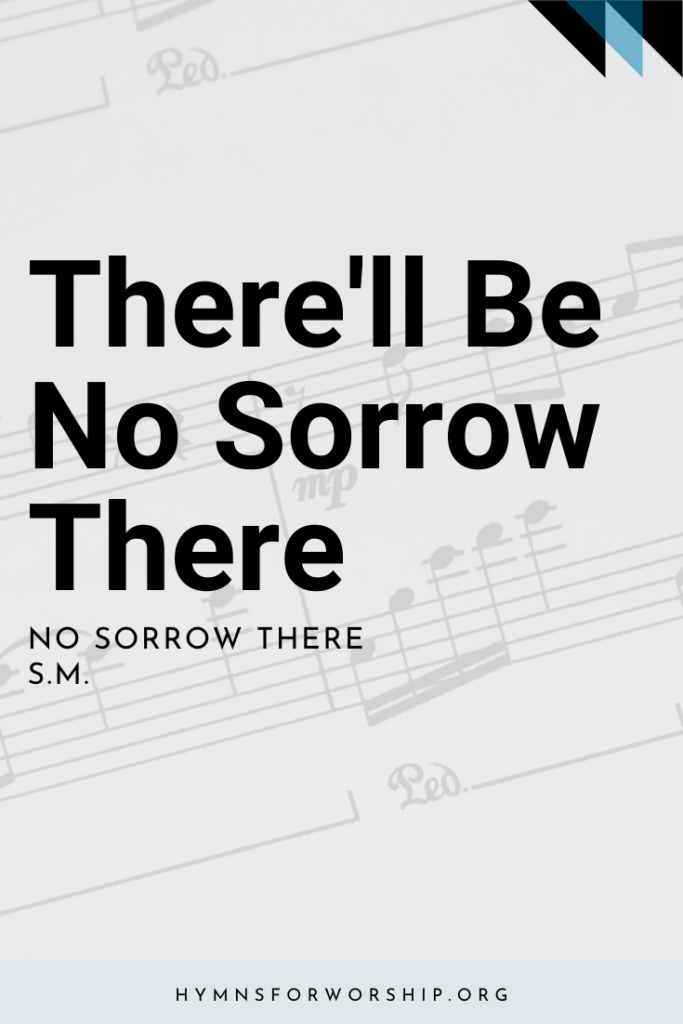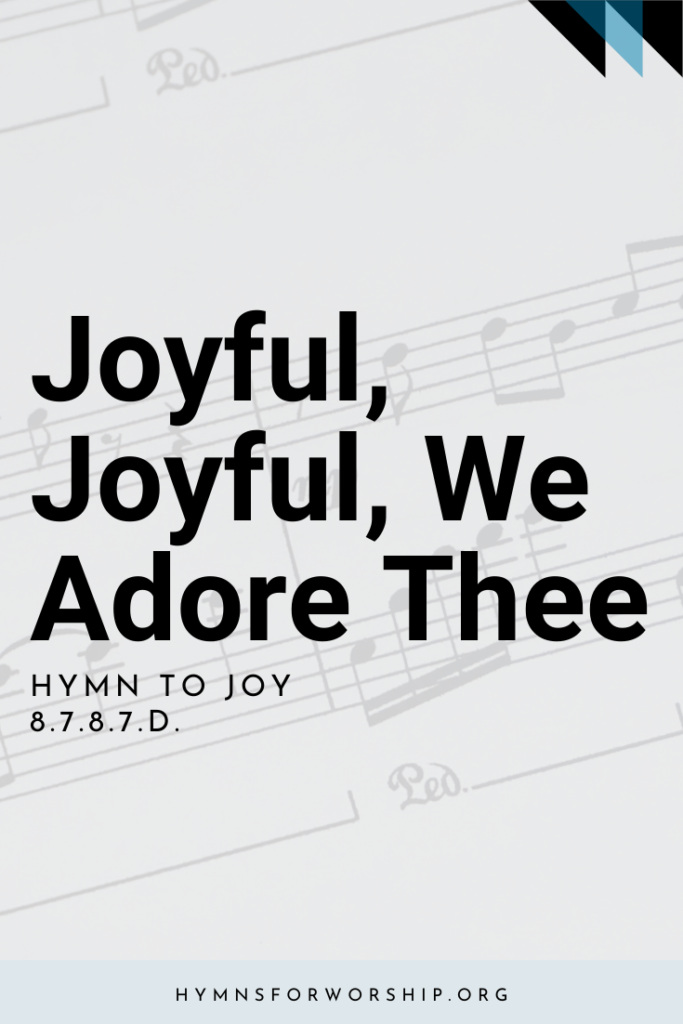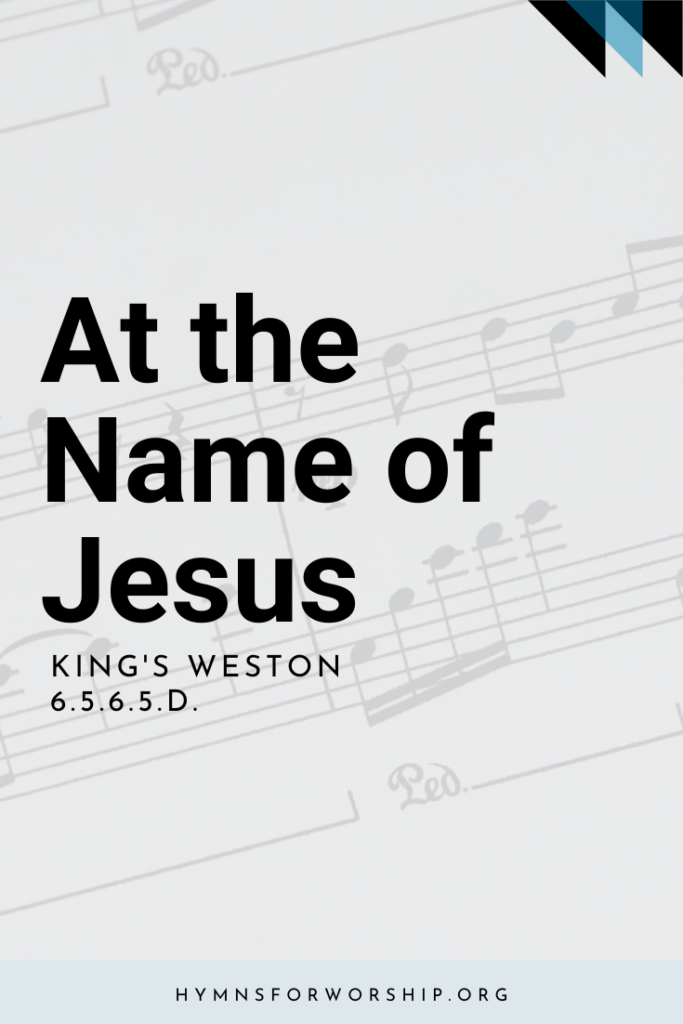JESUS CHRIST >> Life & Ministry
SDAH 145
Songs of thankfulness and praise,
Jesus, Lord, to You we raise,
Manifested by the star
To the sages from afar;
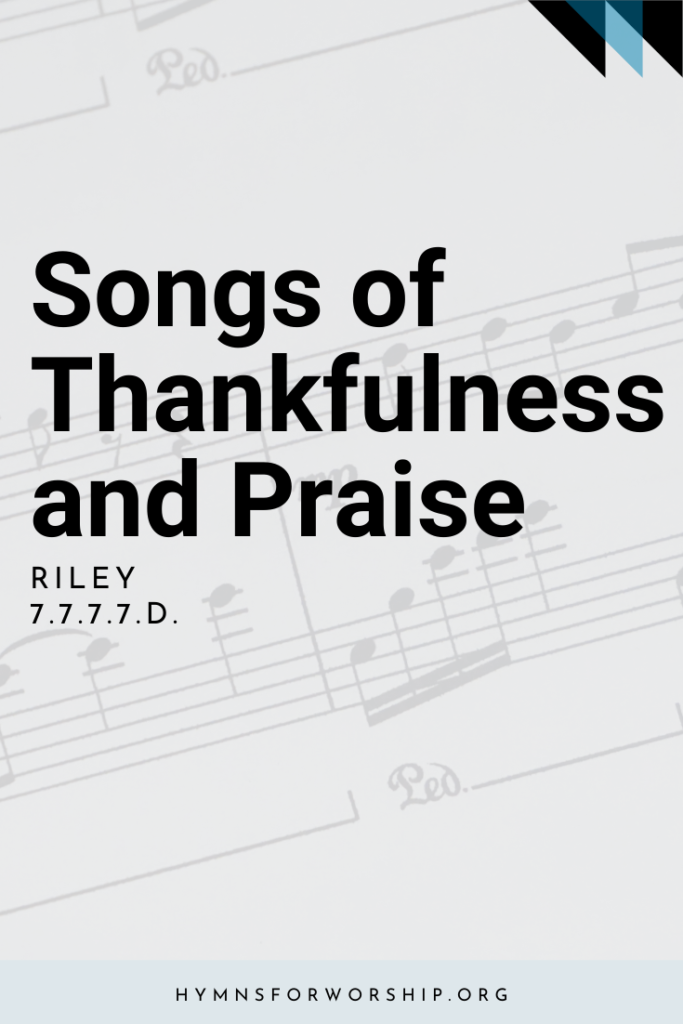
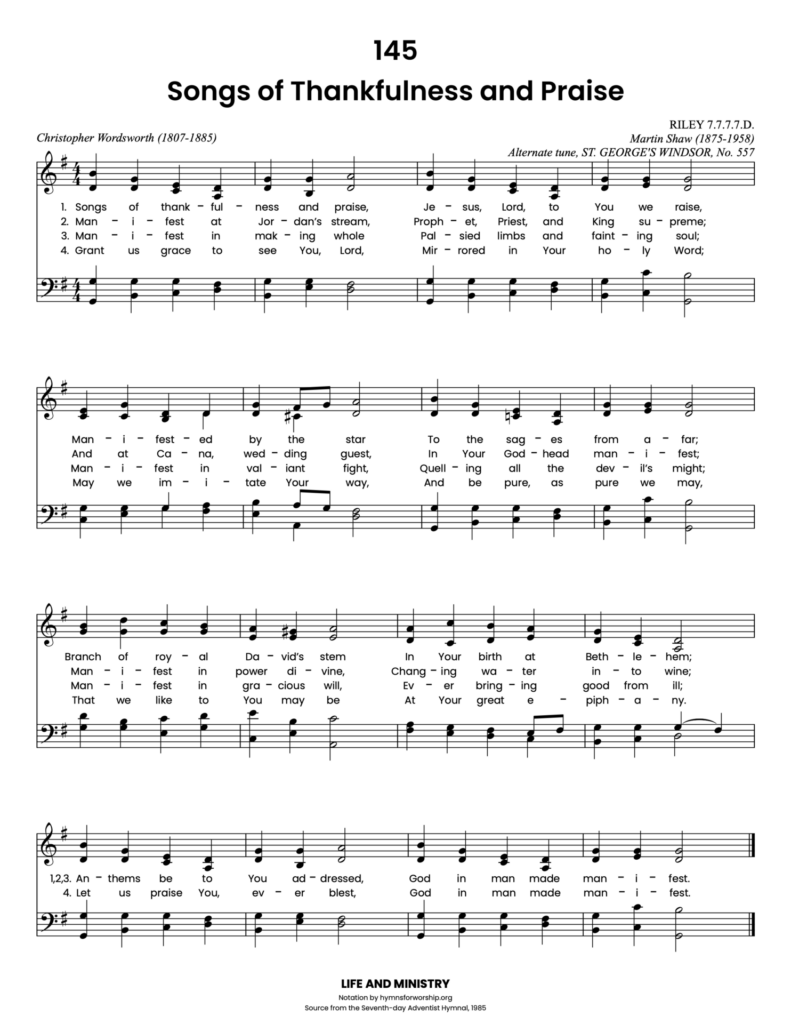

Get the hymn sheet in other keys here
For Worship Leaders
Make each hymn more meaningful with these helpful tools: Short, ready-to-use hymn introductions for church bulletins, multiple ways to introduce a hymn based on your worship theme and in-depth history and insights to enrich your song service.
Hymn Spotlight: Songs of Thankfulness and Praise
This Epiphany hymn, written by Bishop Christopher Wordsworth, recounts the manifestations of Christ’s divinity—at His baptism, at the wedding in Cana, and on the mount of transfiguration—pointing ultimately to His second coming.
With poetic clarity and biblical insight, it encourages us to see in each story a glimpse of the glory of our soon-coming King.
Let us sing with gratitude and hope, looking for that “great and glorious Epiphany” when Christ returns.


Text
1
Songs of thankfulness and praise,
Jesus, Lord, to You we raise,
Manifested by the star
To the sages from afar;
Branch of royal David’s stem
In Your birth at Bethlehem;
Anthems be to You addressed,
God in man made manifest.
2
Manifest at Jordan’s stream,
Prophet, Priest, and King supreme;
And at Cana, wedding guest,
In Your Godhead manifest;
Manifest in power divine,
Changing water into wine;
Anthems be to You addressed,
God in man made manifest.
3
Manifest in making whole
Palsied limbs and fainting soul;
Manifest in valiant fight,
Quelling all the devil’s might;
Manifest in gracious will,
Ever bringing good from ill;
Anthems be to You addressed,
God in man made manifest.
4
Grant us grace to see You, Lord,
Mirrored in Your holy Word;
May we imitate Your way,
And be pure, as pure as we may,
That we like You may be
At Your great epiphany;
Let us praise You, ever blest,
God in man made manifest.

Hymn Info
Biblical Reference
(a) Matt 2:1, 2 (b) Matt 3:13, John 2:2, 9
Author
Christopher Wordsworth (1807-1885)
Copyright
Music copyright J. Curwen & Sons. Used by permission of G. Schirmer, Inc., USA agents.
Hymn Tune
RILEY
Metrical Number
7.7.7.7.D.
Composer
Martin Shaw (1875-1958)
Alternate Tune
ST. GEORGE’S WINDSOR, SDAH 557
Theme
LIFE & MINISTRY OF JESUS

